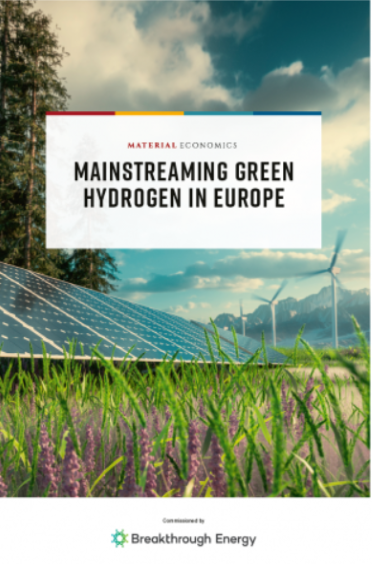Deeper Dive
Top Hydrogen Reads
A curated roundup of our top hydrogen reads
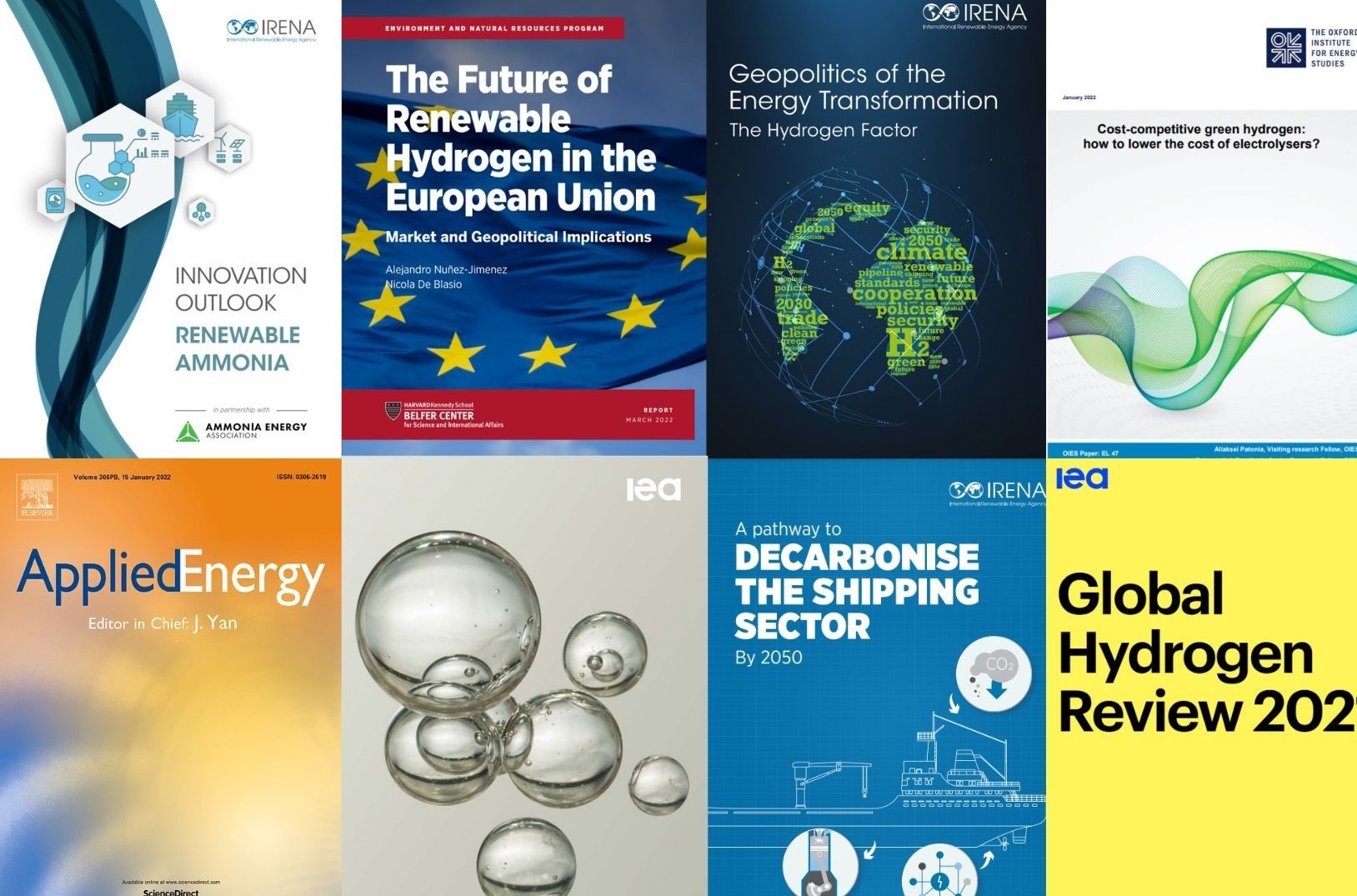
The EU’s China challenge: rethinking offshore wind and electrolysis strategies and dependencies
In this study, researchers from TNO and The Hague Centre for Strategic Studies (HCSS) analyse China’s current and future role in wind power and electrolysis supply chains. Their conclusion is clear: to stimulate and protect its own industry, the EU must take strong measures to enforce a level playing field. Read more.
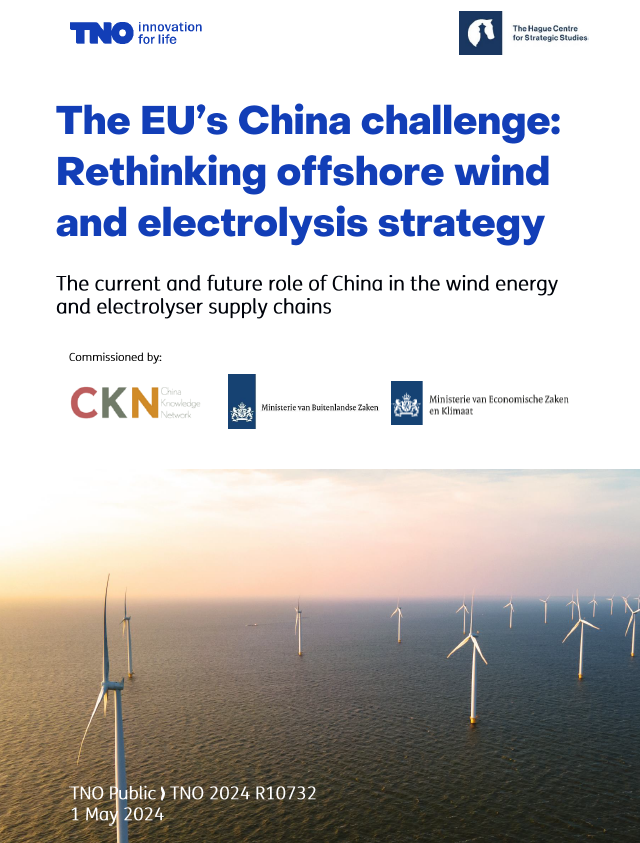
Carbon Contracts for Difference: a missing piece in the cleantech scale-up puzzle?
This analysis, conducted by Cleantech for Europe, proposes concrete ways the EU can design CCfDs to successfully scale innovative clean technologies.
Read it here.
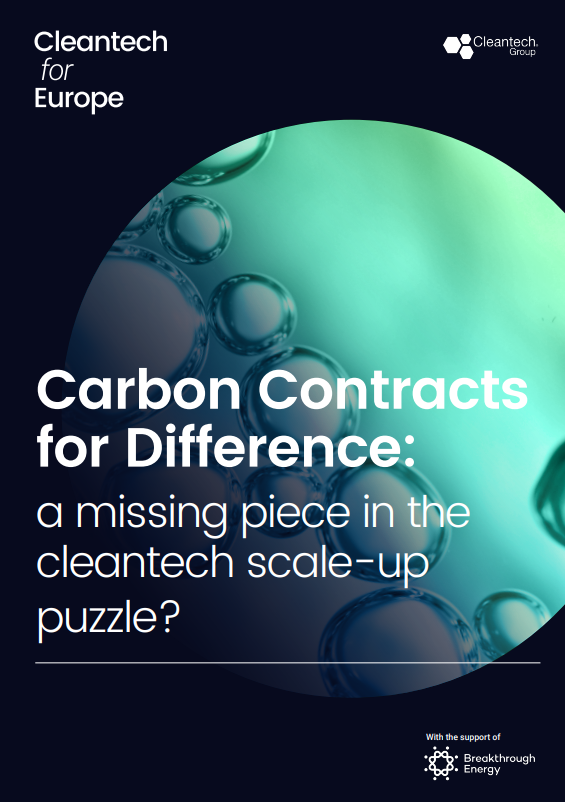
Global landscape of renewable energy finance 2023
This report highlights the need for a stronger role for public financing and discusses the different policy instruments that can channel public financing into the energy sector.
Read it here.
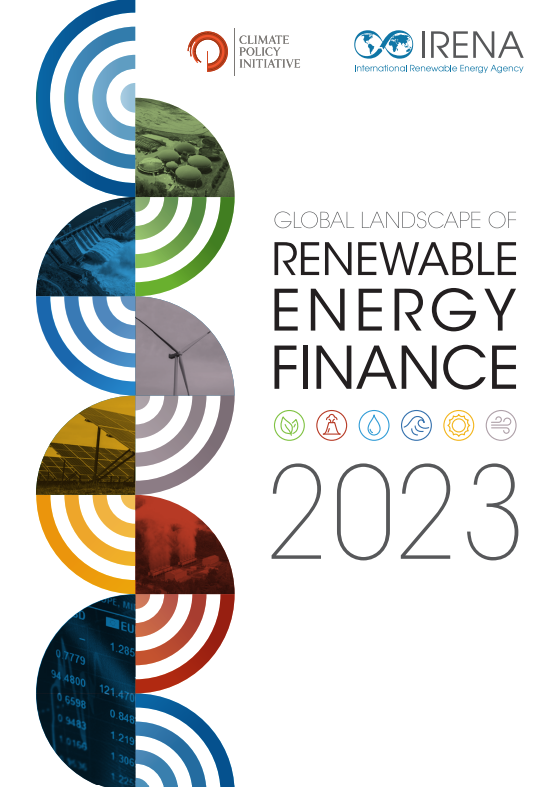
Renewables 2022
In this report, the IEA analyses the current policies and market development of the renewables sector as well as the new developments and challenges brought by the current global energy crisis.
Read it here
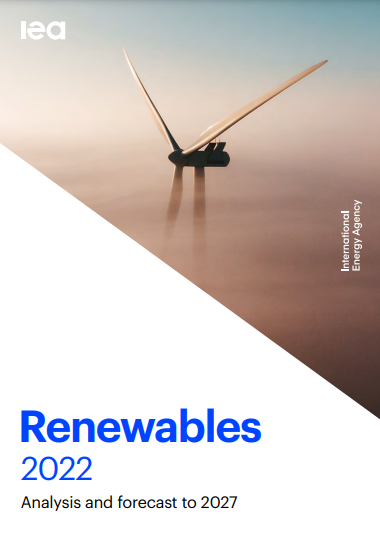
Accelerating hydrogen deployment in the G7: Recommendations for the Hydrogen Action Pact
This report analyses the hydrogen deployment in each G7 member with a focus on technology, costs, strategy and stated policy support for each country.
Read it here
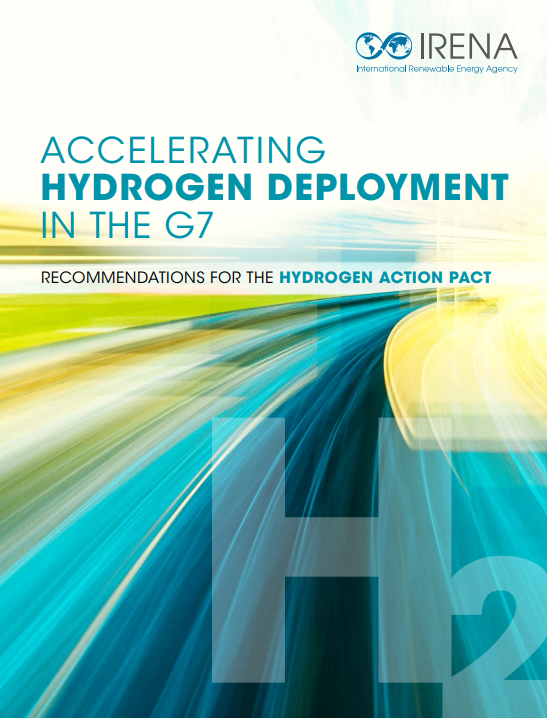
Unlocking the hydrogen economy - stimulating investment across the hydrogen value chain
The EIB assesses which support schemes are needed to stimulate investment across the hydrogen value chain, provide clarity to both suppliers and users and unleash the power of renewable hydrogen.
Read it here
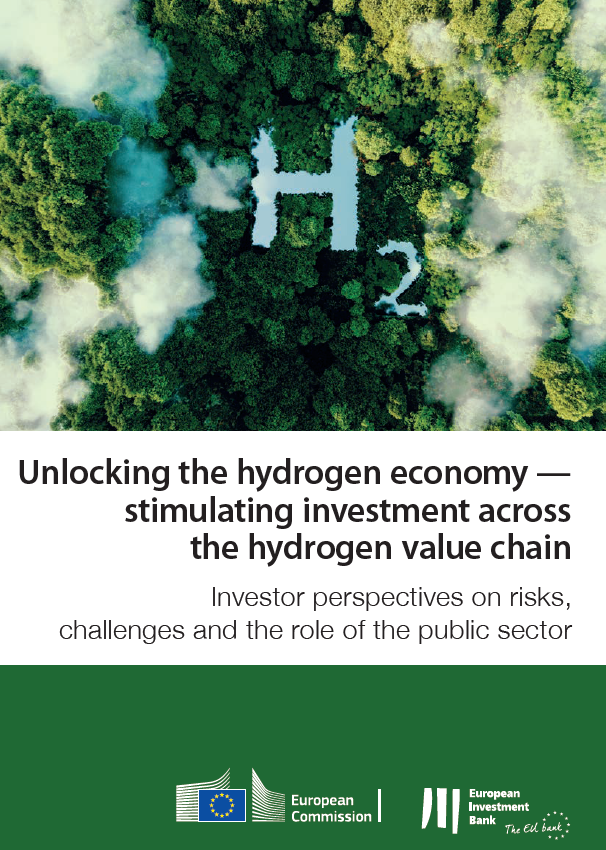
Green hydrogen for industry - a guide to policy making
In this report, IRENA explores the challenges that renewable hydrogen faces in the industrial sector and the policy options available to address them.
Read it here
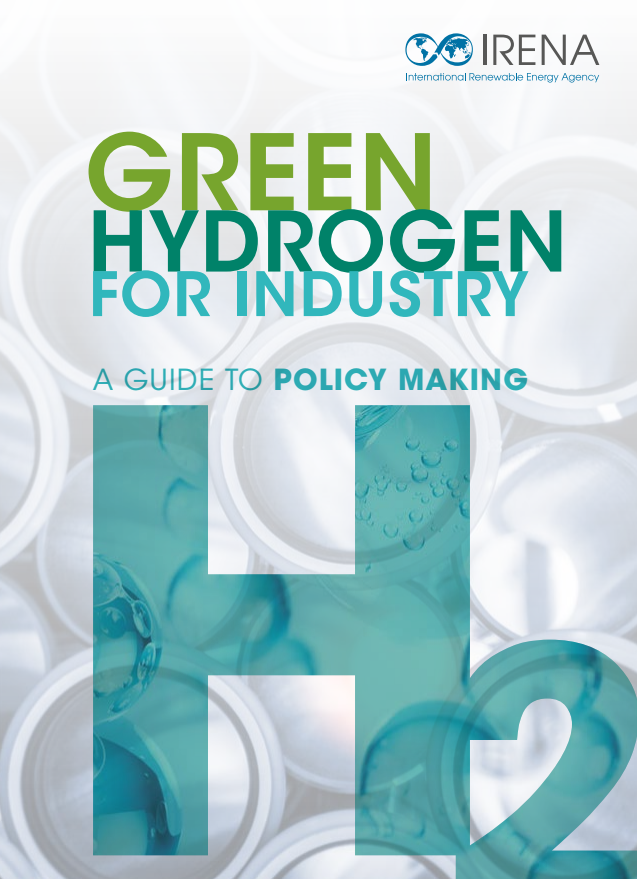
Innovation outlook: Renewable ammonia
In this report, the International Renewable Energy Agency (IRENA) provides a detailed overview of renewable ammonia and outlines the key role it will play in decarbonizing our economy – such as the chemical and agricultural sectors. This analysis also stresses the development of significant new markets for ammonia as a hydrogen carrier, as a fuel for stationary power and as a transport fuel – particularly in the maritime industry.
Read it here
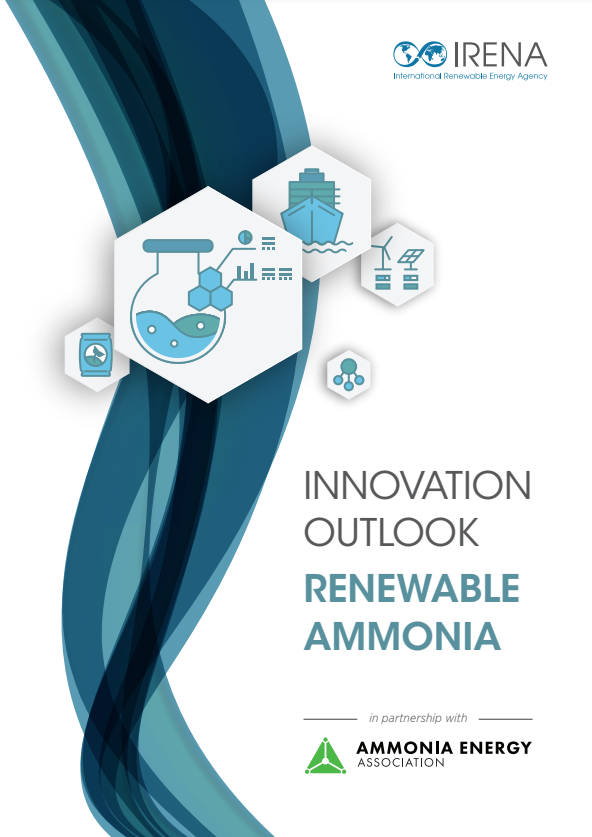

The future of renewable hydrogen in the European Union
This analysis, conducted by the Harvard Kennedy School, points out that the EU can become a global leader in renewable hydrogen technologies and contribute to the EU’s climate and energy goals. The authors focus on the market and geopolitical implications of renewable hydrogen adoption and propose long-term strategies based on energy independence, cost optimization and energy security.
Read it here
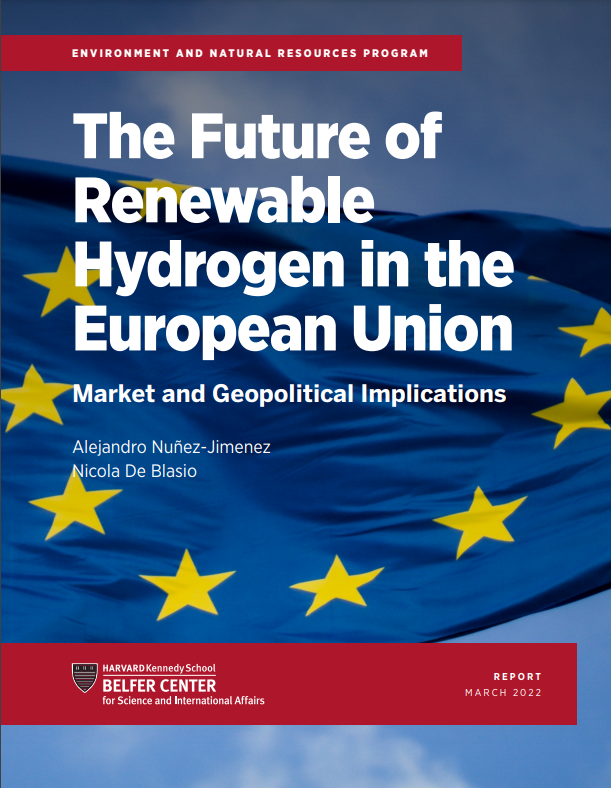

Cost-competitive green hydrogen: how to lower the cost of electrolysers?
The Oxford Institute for Energy Studies has just published a paper on the the challenges associated with the cost of electrolysers and their implication for the cost of renewable hydrogen. Drawing on the experience of solar and wind power generation technologies, this paper analyses the most promising electrolyser technologies and opportunities for cost reduction in order to make renewable hydrogen competitive.
Read it here
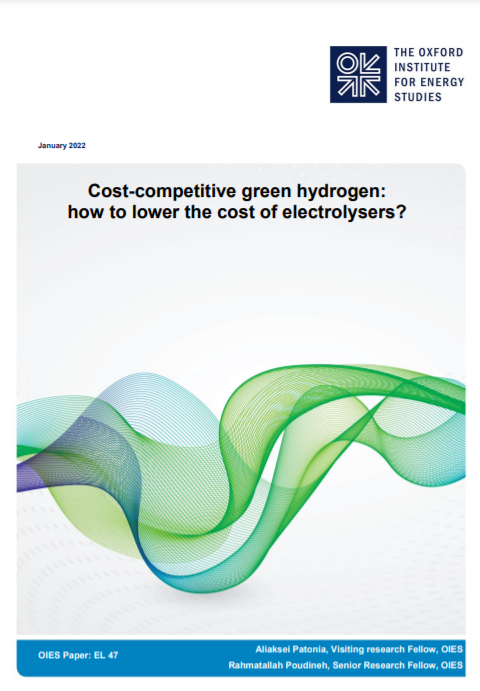

Geopolitics of the Energy Transformation - The Hydrogen Factor
The International Renewable Energy Agency (IRENA) says hydrogen, which could cover up to 12% of total energy use by 2050, could shift power dynamics on a global scale. The agency also stresses renewable hydrogen should be prioritised in existing industry applications first and could strengthen energy independency, security, and resilience, while boosting the flexibility of energy systems.
Read the full report here
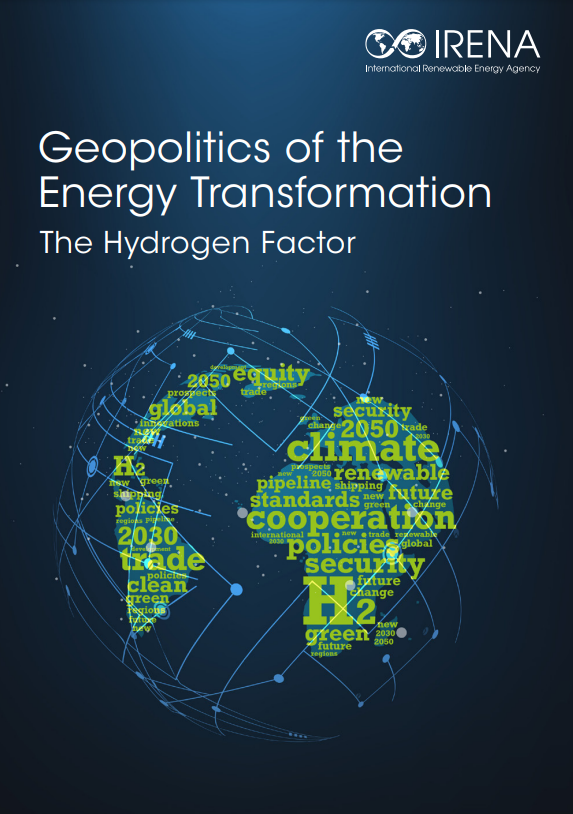

Indirect use of renewable hydrogen for international shipping: another piece of the puzzle solved
After analysing different technologies IRENA singled out renewable powerfuels, particularly e-ammonia, as the most promising option for the decarbonisation of the shipping sector. As the costs of renewable energy, electrolysers and hydrogen storage fall, renewable ammonia – through the indirect use of renewable hydrogen – profiles itself as the ideal long-term solution for decarbonising international shipping.
Download the report here
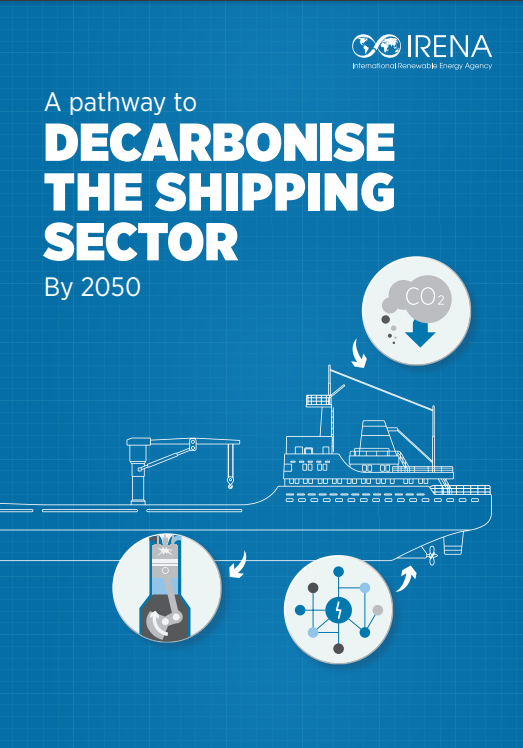

IEA Global Hydrogen Review 2021
The International Energy Agency (IEA) reports in its ‘Global Hydrogen Review 2021’ report, released onOctober 4, that although investment is increasing in hydrogen projects to support a clean energy transition, further efforts are needed to reduce costs and encourage wider use across sectors.
Read more


IRENA White paper on decarbonising end-use sectors
The white paper showcases key projects across different end-use sectors, showing growth opportunities for renewable hydrogen in the future. The report also offers recommendations to policy makers on how to accelerate renewable hydrogen development. Among these are the need to reduce taxes and grid fees for renewable electricity used for renewable hydrogen production, increasing ambitions in renewables deployment and developing international certification schemes for renewable hydrogen. The paper was developed by IRENA’s Coalition for Action bringing together leading renewable energy players from around the world with the common goal of advancing the uptake of renewable energy.
Find out more here
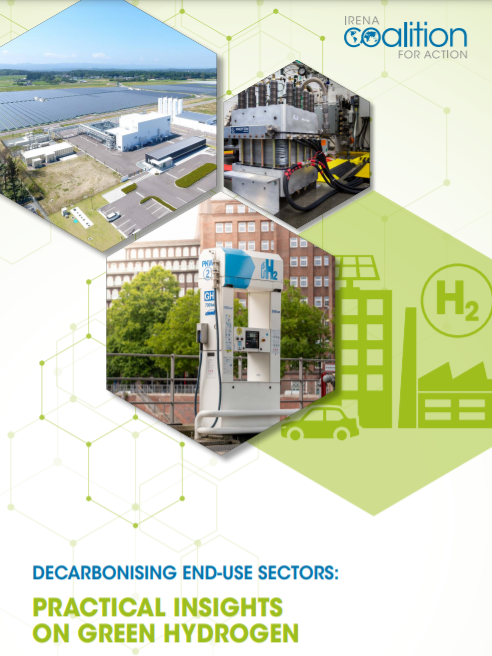

Seizing the EU’s man on the moon moment. Make Fit for 55 a green demand shock to scale EU cleantech
A report by the Cleantech Group released earlier this spring highlights the importance of scaling up clean technologies quickly and efficiently to ensure a green demand shock and sufficient investment is allocated to the best technologies. They identify renewable hydrogen as one of the key opportunities to create a green demand shock that would spur the EU’s leadership on the global race to net-zero. The authors stress the need for a decisive policy drive to set the enabling EU regulatory framework that will boost the uptake of renewable hydrogen by setting high sustainability standards for hydrogen production and rewarding renewable hydrogen’s disruptive character by creating lead markets.
Download the report here


Mainstreaming Renewable Hydrogen in Europe
This white paper conducted by Material Economics and commissioned by Breakthrough Energy analyses the economic foundations and viability of renewable-based hydrogen and suggests that Europe can mainstream renewable hydrogen a lot faster than currently predicted. Furthermore, the white paper emphasizes the decisive role of joint investment projects across the full value chain which would enable the cost of renewable hydrogen to be measured not just in comparison to the competing fossil fuels but in light of the sustainability value-add of the final product.
The analysis stresses the massive opportunity renewable hydrogen represents for Europe’s energy security, economic and strategic autonomy as well as industrial research and innovation, in its path to build the continent’s clean tech leadership and authority.
Read the white paper here
